Customer support chatbots are robot software that imitate human beings in discussing and were made to help customers by engaging in real human-like conversations with them.
79% of consumers desire a fast response when contacting a brand.Today, businesses face an ever-increasing demand for instant, efficient customer service. The pressure to meet customer expectations can put them under too much pressure. Thus, we often see instances of long lag times, inconsistent answers, and missed opportunities. As the end customers grow more and more restless and seek unconditional around the clock availability, businesses continue to struggle.
In fact, it is in this particular scenario when a chatbot becomes not just a nice-to-have, but rather a must-have. Chatbots, in effect, can answer routine questions and help customers immediately. If they are enabled, businesses can overcome these challenges, ensuring customers receive the timely response and hence the companies can have higher interaction with customers, increasing customer satisfaction.The customer service chatbot, also reduces the necessary human resources and automates customer interaction immediately.
However, implementing a chatbot into your customer service team can be a bit tricky. Come let’s see how you should be using chatbots for customer service and break down some best practices to keep in mind when implementing one on your site.
Benefits of Using Chatbots in Customer Support
Businesses of all sizes should be using chatbots because of the advantages it provides to customer service teams. Using chatbots in customer support is beneficial in numerous ways, such as
- Improved Response Times: Customers are increasingly inclined to judge the quality of customer service based on how quickly their issues are resolved, with studies showing that nearly 70% of customers determine service quality through response speed. With customer support bots people can immediately respond to their inquiries, unlike traditional help that may take assistance time or phone calls. As a result, customers spend very little time waiting for a support agent, which guarantees their happiness and satisfaction.
- Enhanced Customer Experience: AI Chatbots will empower the customers to ask a question and resolve any conflict through either quick responses or basic support such as finding a product or something else. They are able to handle more than one activity at a time. This multitasking ability allows them to deliver a more engaging and fun service experience, thus improving overall customer satisfaction.
- Increased Operational Efficiency: Chatbots are able to handle the relatively simple, repetitive tasks on behalf of the staff and deal with high enquiry volumes at great scale unaided by a human. This automation reduces the workload on support staff, minimizes operational costs, and ensures faster and more accurate responses, leading to overall improved efficiency in service delivery.
- Multilingual Support: Advanced chatbots are able to engage in conversations in multiple languages and in this way, businesses can reach a broader audience, as they can communicate in multiple languages, making services more accessible to non-English speakers. Thus, there was an increase in the degree of satisfaction and the availability of language support.
What are the types of Chatbots in Customer Support?
The type of chatbot used differs based on the problems and needs a business is trying to address. The popular chatbots are Support bots, Social media Bots, RPA Bots, Agent Assist Bots and AI Bots. Read on to find out how they work and support companies in reaching their performance aims:
- Support bots: A support bot or answering bot is a chatbot created with AI and ML. This chatbot can be deployed anywhere i.e a website or inside any mobile app. Unlike flow-based bots (bots that operate along a path that is already set), AI-driven support bots can interpret customer’s intent and change the workflow based on types of questions customers ask.
- Agent Assist Bots: Agent Assist bots are used to assist agents who sit and answer tickets daily by automating workflows, and give the information wherever required. They can also assist to pick out cues/keywords from past interactions with customers and plug a relevant knowledge base article as an answer.
- RPA Bots: Robotic Process Automation will automate commands we usually else carry out manually. RPA bots can serve as the underneath support layer for custom and agent assist bots. They work in the background to automate both simple and complex task processes, not just that but they also cut down immensely on the time of executing these tasks.
Also check out our blog on Robotic Process Automation
- Social Media Bots: Chatbots deployed on social media to handle customers are called social media chatbots. They can respond to posts, messages, and also indulge in marketing activities. Social media bots act as a hassle-free lead magnet as your company needs not to dig out the basic details of customers– Facebook, Twitter are already filled with user profile information that is easy to pick up.
- AI Bots : AI chatbots are virtual assistants that are posed using artificial intelligence. Unlike rule-based chatbots, which are usually implemented through scripts, AI chatbots have the capability to learn and improve through interactions with users. They are able to take on more difficult tasks, tailor the user experience, and keep the client up to date at all times.
Best Practices for Chatbot Implementation
- Choosing the Right Technology and Tools
If you're a business looking to deploy effective customer support chatbots, choosing the right technology and tools is crucial. This choice of tools will depend on your company's particular requirements such as the complexity of client queries and need for integration with existing systems.
Key Considerations:
- Integration with Existing Systems: With the right setup, the tool combines easily with your CRM, help desk or other business software in order to provide unified support.
- Customization and Flexibility: Opt for tools that support flexible design of a chatbot's conversational flow and enable you to tailor the interaction to meet the needs of your business.
- Scalability: As your business explodes in popularity, the chatbot must be able to serve increasing volumes of queries without sacrificing performance.
- Multilingual Support: It is important to select a chatbot tool offering many language options if you serve a global audience as you will need support for customer communication in their preferred languages.
| Tool |
Integration |
Customization |
Scalability |
Multilingual Support |
| Dialog Flow |
High |
High |
High |
Yes |
| Microsoft Bot Framework |
High |
Moderate |
High |
Yes |
| IBM Watson Assistant |
Moderate |
High |
High |
Yes |
| Rasa |
High |
Very High |
High |
Yes |
Using Nected, organizations can create a swiggy like chatbot easily with low code/ no code approach.
By carefully choosing good technologies, organizations can not only meet current requirements for their chatbots in customer support but also lay the groundwork for scaling and adapting tomorrow.
- Identifying the Right Use Cases
Identifying the right use cases for chatbots involves analyzing customer needs to address common queries and pain points, evaluating where automation can streamline processes, and considering integration with existing systems. Prioritize scenarios where chatbots can handle repetitive tasks, reduce the load on human agents, and deliver timely assistance, ensuring they provide meaningful value and enhance overall operational efficiency.
- Chatbots in Action: How Top Brands Improve Customer Interaction
Several companies have successfully implemented customer support chatbots, by which their service efficiency and customer satisfaction were remarkably increased. For instance, chatting with the customer service bot is a common sight on the H&M web store as it deals with the problems of the customers and guides them through the product catalog as well as providing them with personalized shopping recommendations. Both Lyft and Uber are using chatbots for the ride-booking processes, helping with customer inquiries, and also to give them on-the-fly updates. Bank of America's chatbot, Erica, eases customers with their financial management by providing them with the right solutions, such as tracking expenses, and adding expenses.
If you're inspired by successful chatbot implementations like those at H&M and Bank of America, and you're looking to create a similar solution, you might want to explore: How to build a Swiggy-like chatbot using Nected. It talks about the end-to-end implementation, from setting up your Nected account and creating a new workflow to defining the chatbot's conversational flow and integrating the API within the code, we have covered it all for you.
Nected provides advanced tools for implementing customer interaction automation that makes it possible for a business to build a chatbot that can perform tasks, such as order tracking, customer support, and personalized recommendations.
You can lower labor costs and maintain high levels of quality by taking inspiration from the Swiggy model in the food delivery business. It is achieved by using Nected functions that help in making chatbot tailored to your business needs; therefore, it makes your operations more productive and your customer satisfaction higher.
Conclusion
The employment of chatbots for customer support has quickly grown into the most vital part of businesses today. These virtual assistants greatly reduce the workload of human resources through the automation of routine tasks and the system of immediate help to customers. It helped the agents to concentrate on more pressing and strategic questions.
Proactive tech support is yet another important part of virtual agent administration. Periodic supervision and upgrades are necessities to keep away from software problems like bugs or integration troubles that may interrupt the service and spoil the user experience.
While chatbots can bring lots of benefits, it's important to recognize and work on their vulnerabilities, such as providing input to get the right statistical data, customer take on their adaption, and success in the tech and software. By integrating the strengths of both human agents and Nected-powered chatbots, businesses can create a holistic, effective customer support strategy.
In a word, the use of chatbots for customer service provides a major upsurge in operational efficiency and effectiveness. However, the proper implementation of chatbots goes beyond simply choosing and utilizing the latest technology. In this respect, companies must choose vendors like Nected, who can tailor solutions to their specific needs to ensure a seamless user experience and provide a homely experience to the users..
Ready to elevate your customer support with Nected? Sign up today for a free trial and see how Nected’s advanced chatbot solutions can transform your customer interactions.
Sign up for Nected today and scale your service with confidence!
FAQs
Q1. How can businesses determine if a chatbot is right for them?
You know whether a chatbot is appropriate for your business by asking these questions: does the company deal with a huge volume of repeat queries; can response times be cut; are staff skills lacking in some areas? Consider customer preferences, the complexity of queries, integration with existing systems, and budget. If these align with your goals, a chatbot could be a valuable addition.
Q2. Are chatbots effective in improving customer satisfaction rates?
Yes, chatbots can improve customer satisfaction rates by providing instant, 24/7 support, reducing wait times, and offering quick resolutions to common queries. They enhance the customer experience by delivering consistent, accurate information and personalizing interactions, which leads to higher satisfaction levels.
Q3. What are the costs associated with implementing a customer support chatbot?
The costs of implementing a customer support chatbot include development or subscription fees, integration with existing systems, and ongoing maintenance. For AI-powered chatbots, additional expenses may involve training and updating the AI models. Businesses should also budget for potential customizations and occasional human oversight or support.
Q4. What is a key advantage of using chatbots in customer support?
A key advantage of using chatbots in customer support is 24/7 availability. Chatbots can handle customer inquiries at any time, providing instant responses to common questions and issues. This not only improves customer satisfaction by ensuring that help is always available but also reduces the workload on human agents, allowing them to focus on more complex or sensitive matters.
Q5. How often should chatbots be updated or reviewed?
Chatbots should be updated or reviewed regularly, typically every few months, to ensure they stay accurate and effective. Regular updates help improve their performance, adapt to new customer needs, and fix any issues. Besides, the review is also crucial after major business changes like the introduction of new products or the launch of new services the bot must be kept on the right path under these circumstances.




.png)
.svg)
.webp)

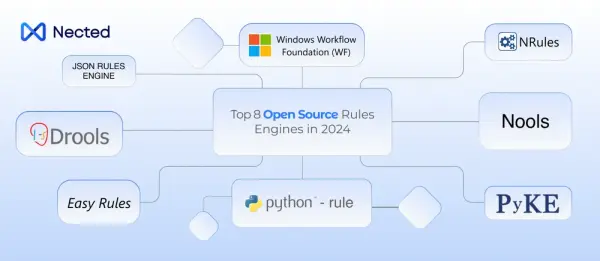



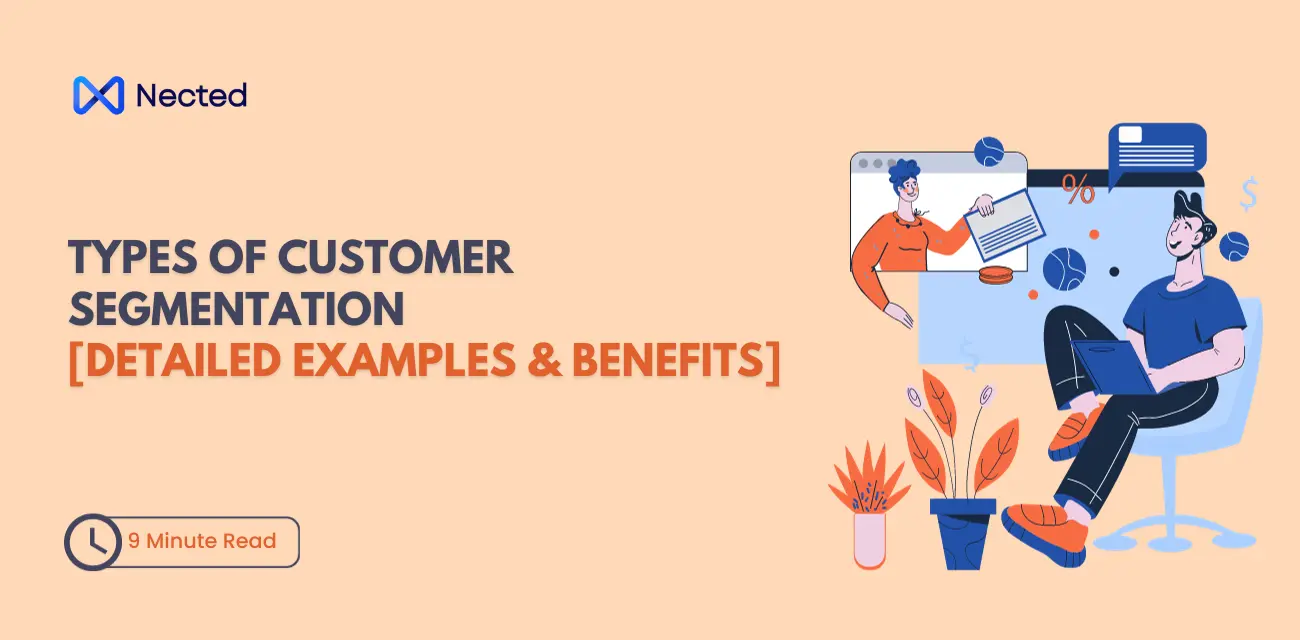
.svg)
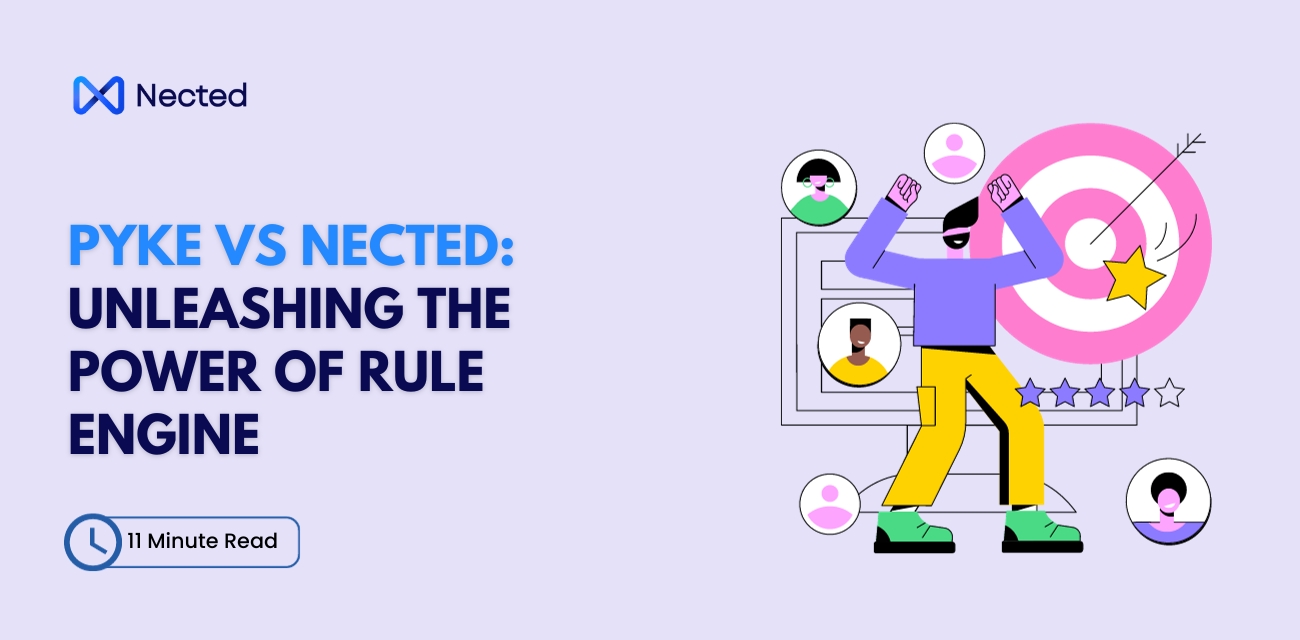
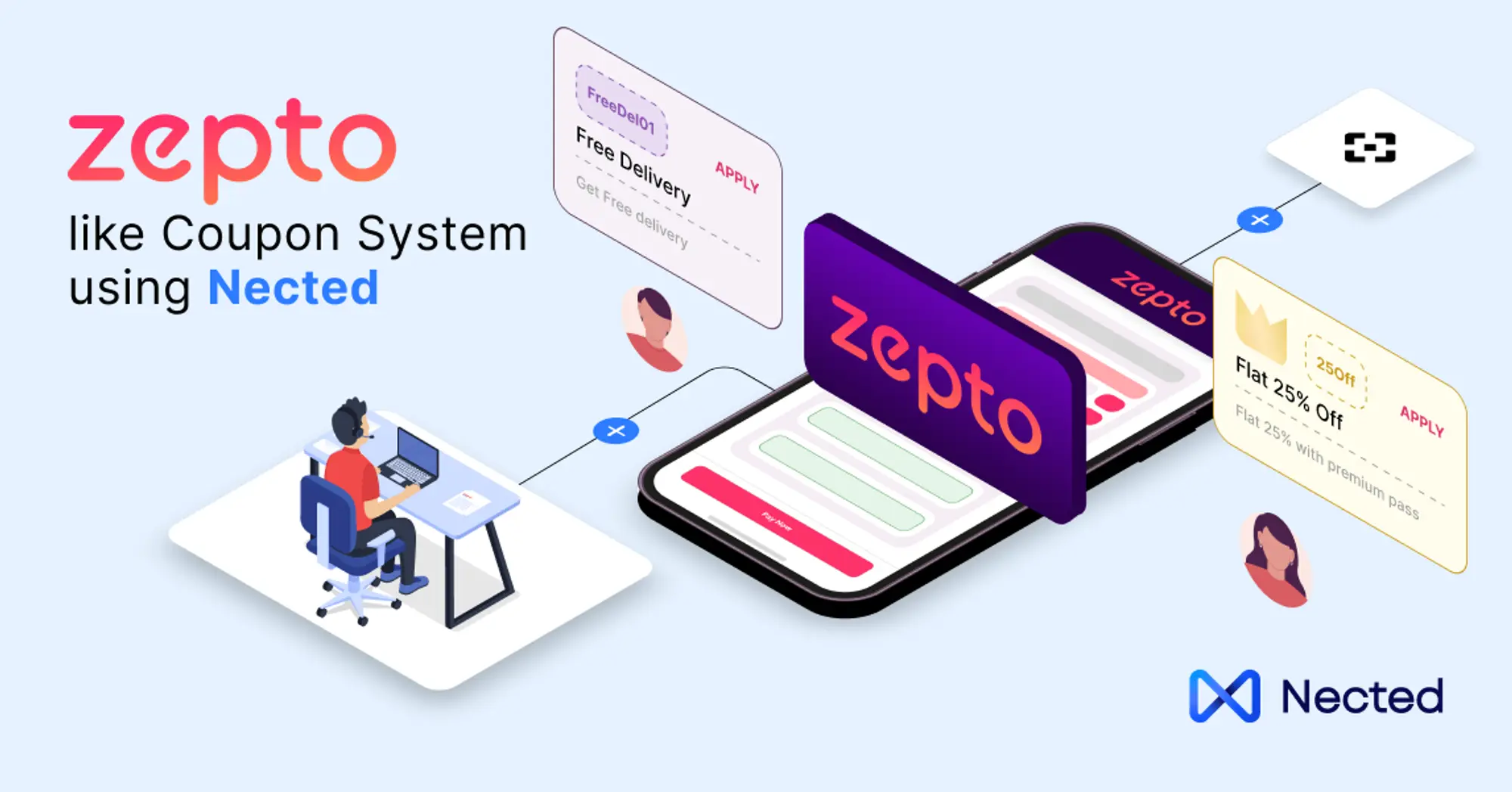
.webp)
.webp)
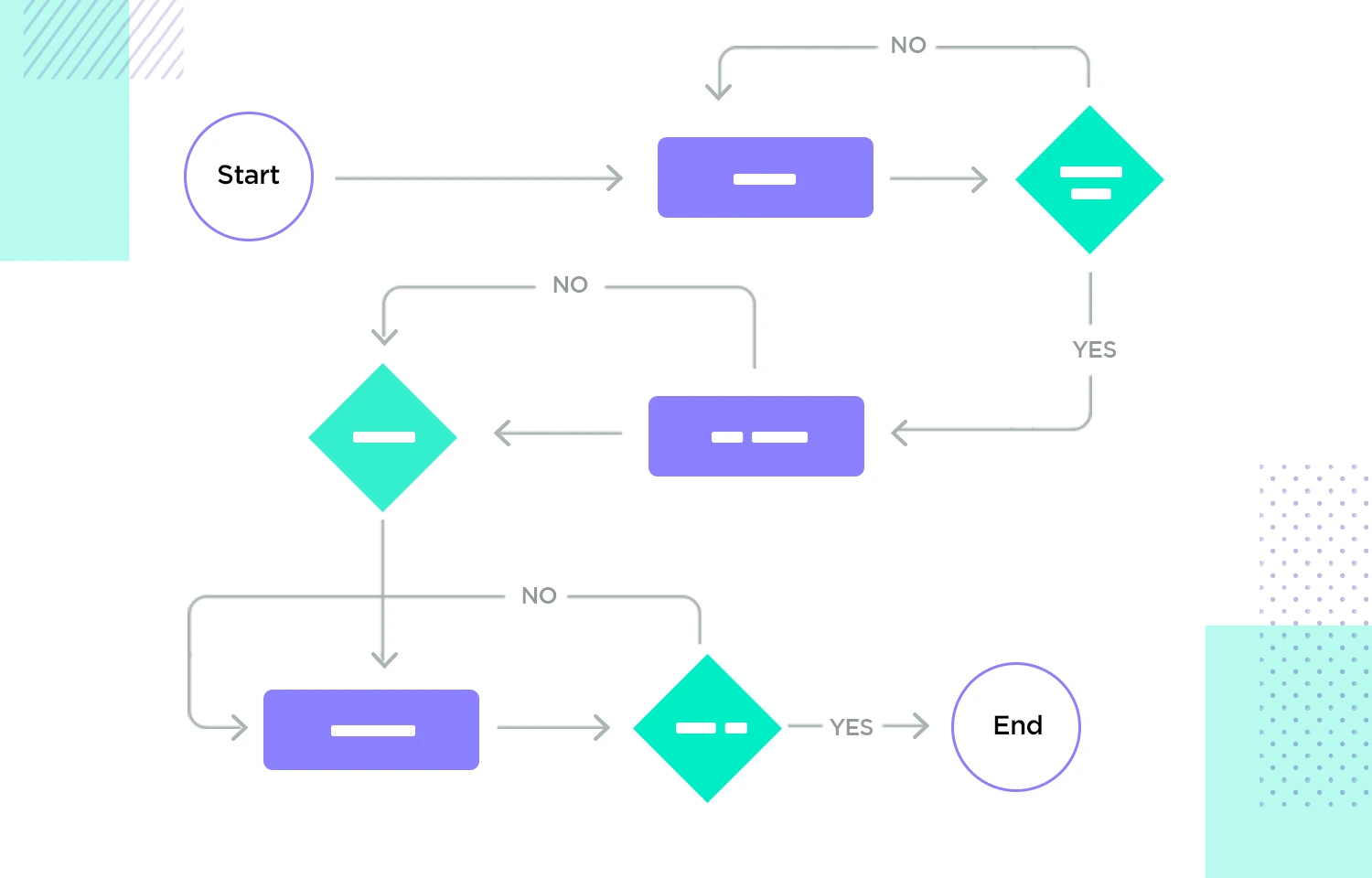
.webp)

.svg)
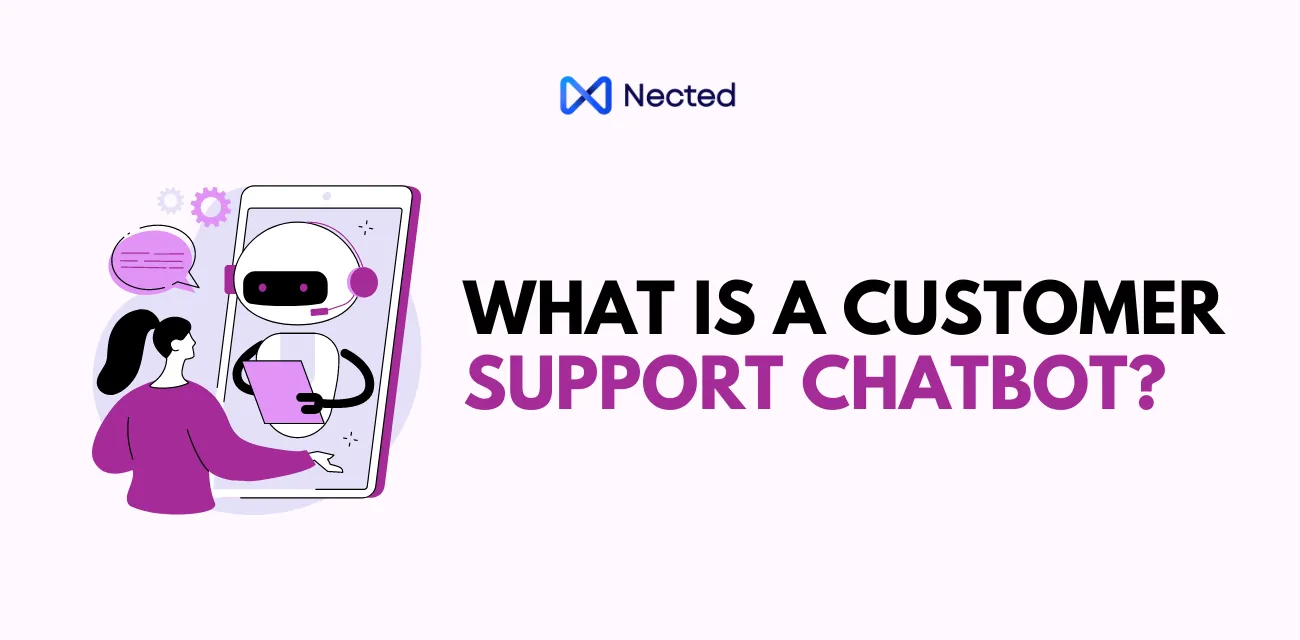




.webp)
.svg.webp)
.webp)

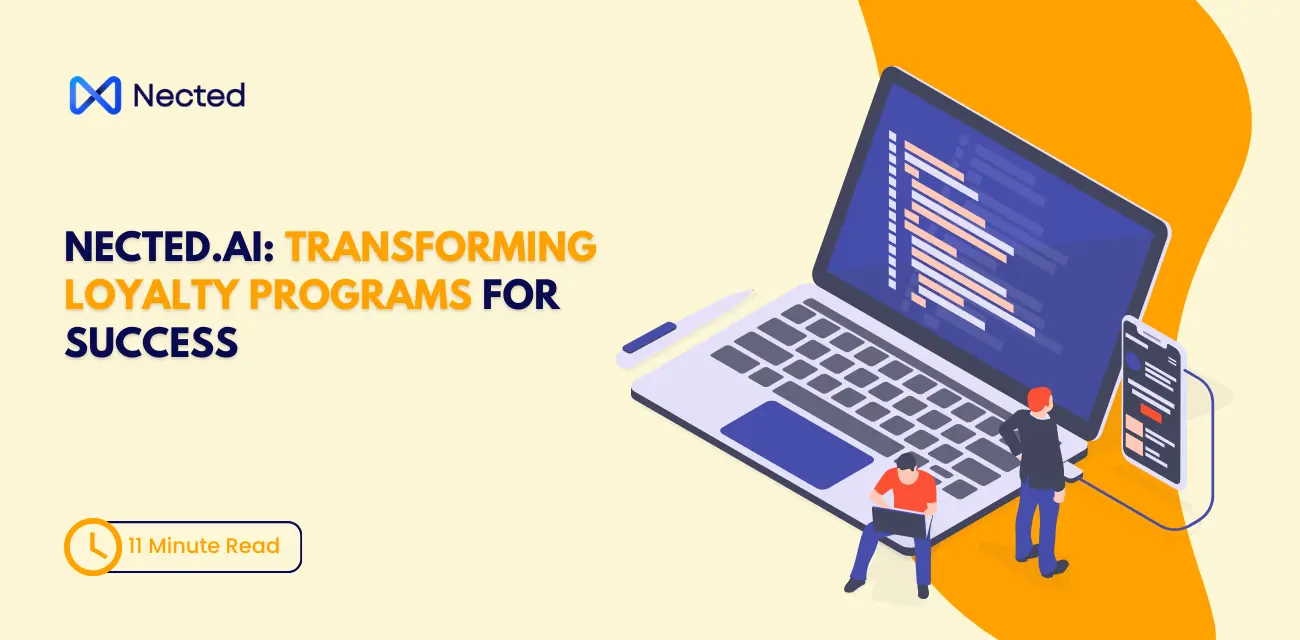
%20m.webp)
.webp)
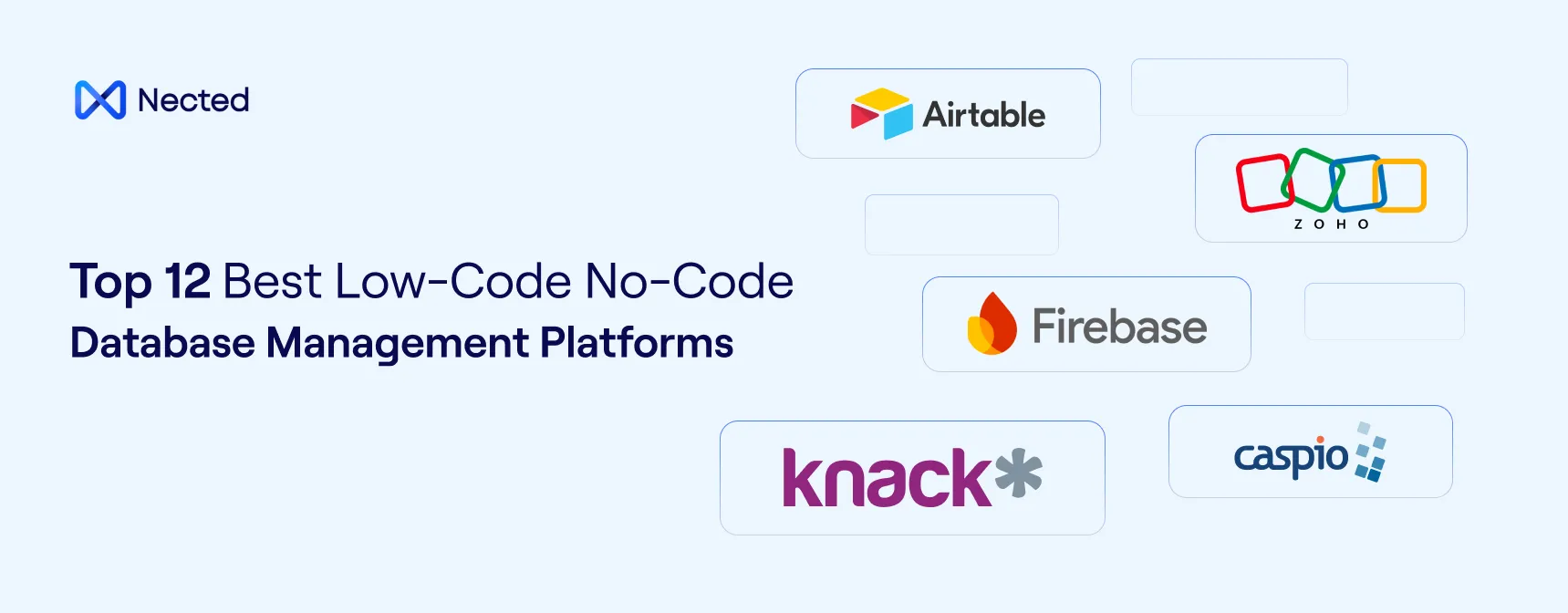
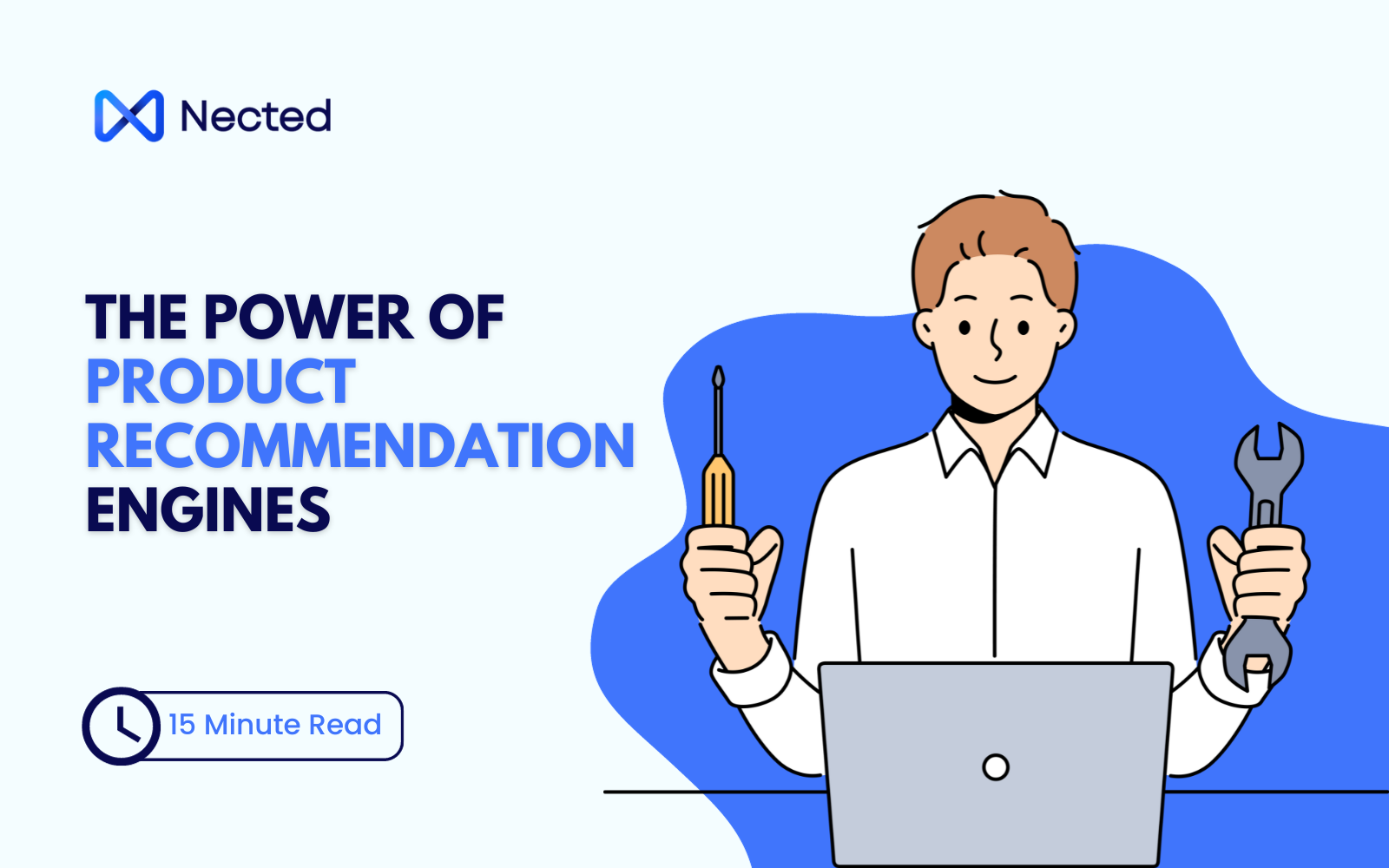
.webp)
.webp)
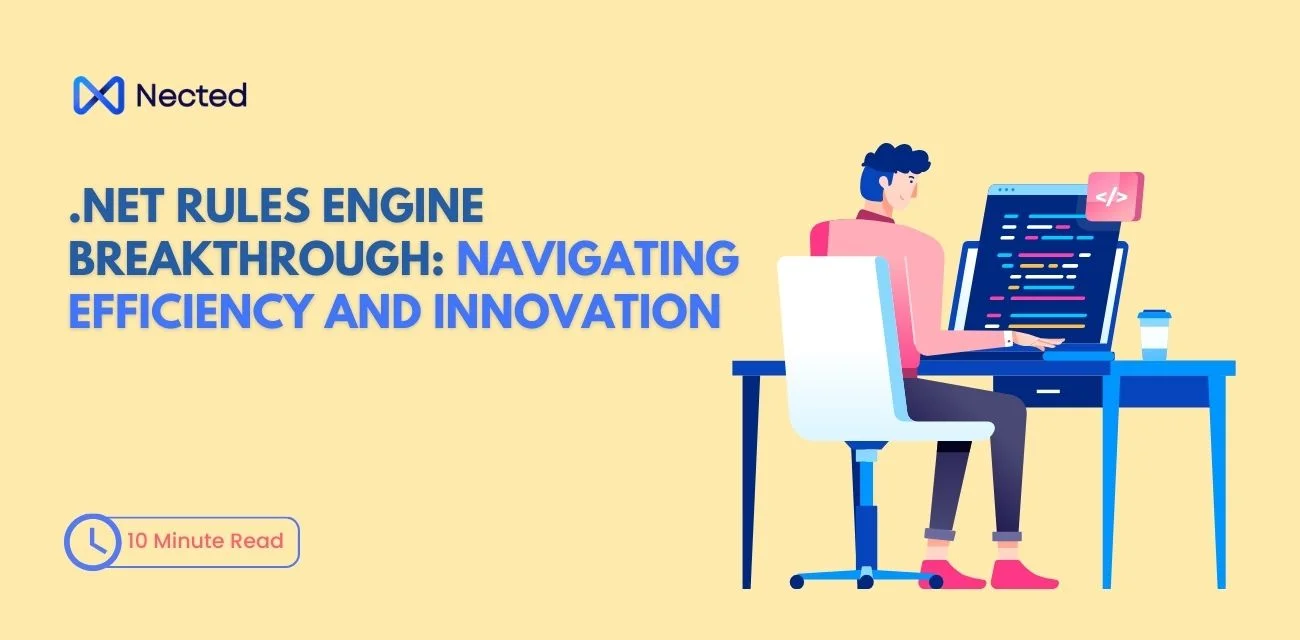

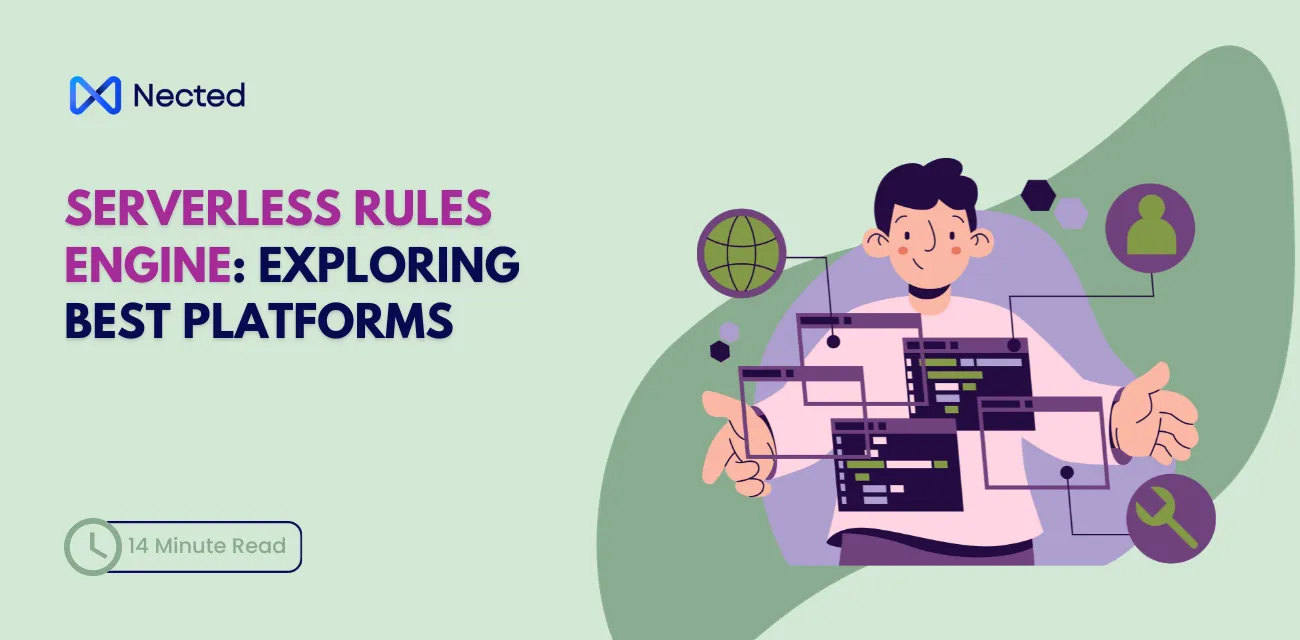



%20(1).webp)
